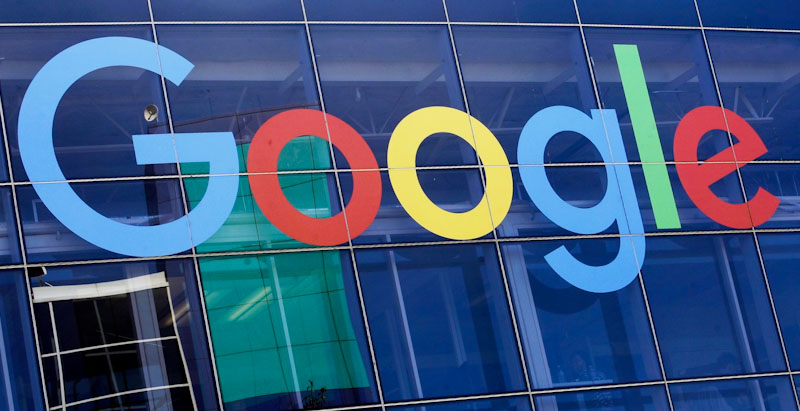SALT LAKE CITY – Today, Utah Attorney General Sean D. Reyes and a bipartisan group of 52 other attorneys general today announced a $700 million agreement with Google in their lawsuit about Google’s anticompetitive conduct with the Google Play Store.
“The States are fiercely fighting the greed and abuses of certain BigTech on multiple fronts,” said Attorney General Reyes. “Utah has been a leader and driving force in holding Google accountable for the past ten years. This was evident again on this case as our fantastic AG antitrust team was one of the first and loudest advocates for investigating and litigating payments on Google Play.
“When many experts and other states were hesitant or even opposed, Utah pushed to start the case and has helped navigate it towards resolution in spite of the risks and Google’s massive defense. We are most pleased the settlement includes many of the injunctive remedies we sought that will change Google’s behavior. The dollar amounts are an added bonus to provide relief to Utahns who use Android apps.”
Google will pay $630 million in restitution to consumers who were harmed by Google’s anticompetitive practices from August 2016 to September 2023. Google will pay the states an additional $70 million in penalties. Restitution recipients do not need to submit a claim – they will receive payments automatically through PayPal or Venmo, or they can choose to receive a check or ACH transfer instead. More details about that process will be forthcoming. The agreement also requires Google to make its business practices more pro-competitive in various ways.
Utah expects to receive approximately $15 million between payments that will go to consumers and directly to the State.
In 2021, the attorneys general sued Google, alleging Google unlawfully monopolized Android app distribution and in-app payment processing. Specifically, the States claimed that Google signed anticompetitive contracts to prevent other app stores from being preloaded on Android devices, bought off key app developers who might have launched rival app stores, and created technological barriers to deter consumers from directly downloading apps to their devices. The states announced a settlement in principle on September 5, 2023, and today released the finalized terms of that deal.
The settlement requires Google to reform its business practices in the following ways:
- Allow users to pay through in-app billing systems other than Google Play Billing for at least five years.
- Offer cheaper prices for their apps and in-app products to consumers who use alternative, non-Google billing systems for at least five years.
- Allow developers to steer consumers toward alternative, non-Google billing systems by advertising lower prices within their apps for at least five years.
- Not enter into contracts that require the Play Store to be the exclusive, pre-loaded app store on a device or home screen for at least five years.
- Allow third-party apps on Android phones outside the Google Play Store for at least seven years.
- Revise and reduce the warnings on an Android device if a user attempts to download a third-party app from outside the Google Play Store for at least five years.
- Maintain Android system support for third-party app stores, including automatic updates, for four years.
- Not require developers to launch their app catalogs on the Play Store at the same time as other app stores for at least four years.
- Submit compliance reports to an independent monitor who will ensure that Google is not continuing its anticompetitive conduct for at least five years.
For much of this case, the attorneys general litigated alongside Epic Games and Match, two major app developers. Match announced a separate settlement earlier this year, while Epic Games went to trial. A jury unanimously found that Google’s anticompetitive conduct violated federal antitrust laws early last week.
This lawsuit was led by the Attorneys General from Utah, North Carolina, Tennessee, New York, and California and joined by the attorneys general of all remaining states, the District of Columbia and the territories of Puerto Rico and the Virgin Islands.

